Why Choose Therapy
Professional counseling services can assist you in meeting your personal goals. There are many possible benefits of professional counseling that can lead to long-lasting change.
Are you wondering what therapy is, and how can it help you?
What is Therapy and How Can it Help Me?
Therapy is a collaborative relationship between a professional therapist and an individual seeking support. This confidential space provides a platform to explore feelings, thoughts, and behaviors in order to foster personal development and recovery. Therapists employ diverse approaches tailored to each client's needs, facilitating self-discovery, emotional regulation, interpersonal skills, and coping mechanisms. Addressing a wide range of concerns such as mental well-being, transitions, past trauma, loss, and relational issues, therapy aims to empower individuals to enhance their quality of life and achieve their desired goals.
Therapy offers individuals a valuable opportunity to navigate a wide range of difficult emotions, develop essential coping skills, and gain profound insight into their thoughts and behaviors. Within the nurturing confines of a therapeutic relationship, clients can fearlessly explore their deepest concerns in a safe and confidential space. In addition to working through past traumas, therapy equips individuals with improved communication skills, empowering them to effectively express their emotions. Through collaborative efforts with therapists who provide unwavering support, guidance, and constructive feedback, clients can successfully navigate challenges, make positive changes, heighten self-awareness, and ultimately enhance their overall well-being.
Willow Tree Counseling focuses our trainings and treatment on three underlying causes of mental health distress.
Most wounds can be linked to these three things, by addressing these in therapeutic treatment, healing and wellbeing happens.
Trauma, Attachment and Addition
Trauma is a psychological and emotional response to an event or an experience that is deeply distressing or disturbing. It can result from a single event or a series of events that cause overwhelming stress and exceed one's ability to cope. Trauma can have lasting effects on a person's mental, emotional, and physical well-being, impacting their thoughts, feelings, behaviors, and relationships. It is important for individuals who have experienced trauma to seek support and therapy to address and process their feelings in a healthy way.
Attachment, on the other hand, refers to the emotional bond or connection formed between individuals. It plays a crucial role in shaping how we relate to others, ourselves, and the world around us. Attachment patterns are established early in life through interactions with primary caregivers and can influence our behavior, thoughts, and emotions throughout our lifespan. A secure attachment is characterized by a feeling of safety, trust, and comfort in relationships, allowing individuals to explore the world with confidence. In contrast, insecure attachment styles, such as anxious or avoidant attachment, may lead to difficulties in forming and maintaining healthy relationships. Understanding one's attachment style can be beneficial in therapy, as it provides insight into patterns of behavior and offers a framework for personal growth and healing.
Addiction is a complex condition characterized by a compulsive engagement in rewarding stimuli despite adverse consequences. It involves a strong craving for the substance or behavior, an inability to control its use, and a negative emotional state when the substance or behavior is not available. Addiction can impact various aspects of an individual's life, including physical health, mental well-being, relationships, and overall functioning. Treatment for addiction often requires a comprehensive approach that may include therapy, medication, lifestyle changes, and support systems to promote recovery and prevent relapse.
Willow Tree Counseling offers a boutique of wellness interventions in our approach to healing and growth.
Treatment Approach and Interventions Used
Acceptance and Commitment Therapy (ACT)
Adventure Therapy
Art Therapy
Brainspotting
Certified Multiple Addiction Therapist (CMAT)
Certified Sexual Addiction Therapist (CSAT)
Certified Trauma Therapy (CTT)
Cognitive Behavioral (CBT)
Dialectical Behavior Therapy (DBT)
Emotionally Focused Therapy (EFT)
Eye Movement Desensitization and Reprocessing (EMDR)
Experiencial Therapy
Flash Technique (offshoot of EMDR)
Fairy Tale Model of Trauma Treatment
Family / Couple
Internal Family Systems (IFS)
Mindfulness-based (MBCT)
Psychodrama
Play Therapy
Relational
Seed Digging
Trauma Focused
Talk Therapy


